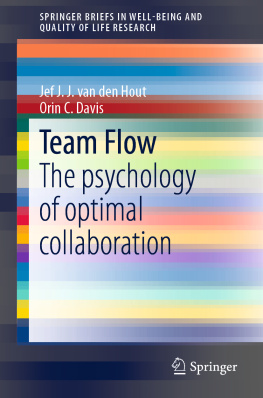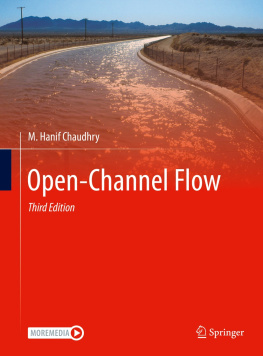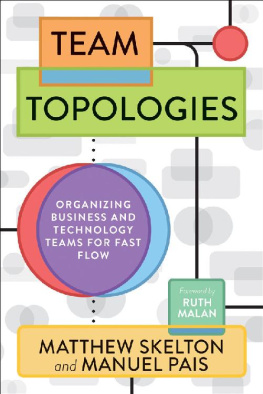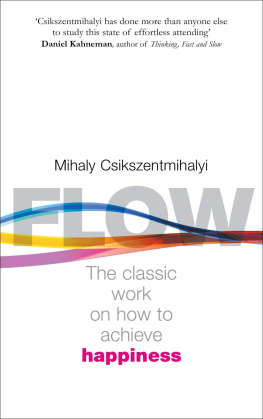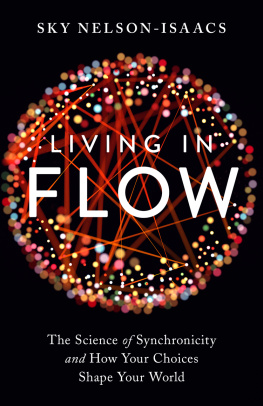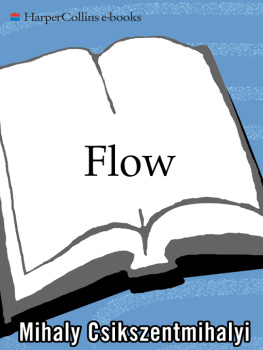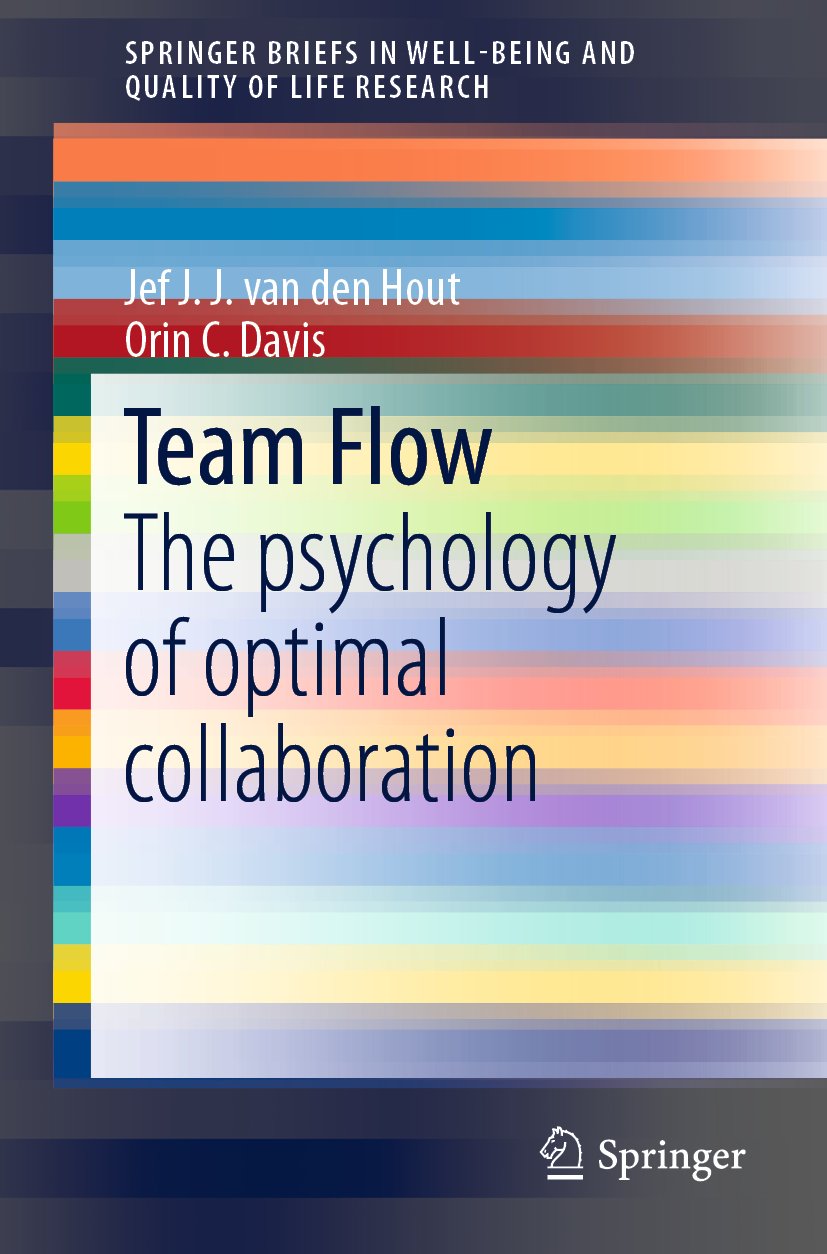SpringerBriefs in Well-Being and Quality of Life Research
SpringerBriefs in Well-Being and Quality-of-Life Research are concise summaries of cutting-edge research and practical applications across the field of well-being and quality of life research. These compact refereed monographs are under the editorial supervision of an international Advisory Board*. Volumes are 50 to 125 pages (approximately 20,00070,000 words), with a clear focus. The series covers a range of content from professional to academic such as: snapshots of hot and/or emerging topics, in-depth case studies, and timely reports of state-of-the art analytical techniques. The scope of the series spans the entire field of Well-Being Research and Quality-of-Life Studies, with a view to significantly advance research. The character of the series is international and interdisciplinary and will include research areas such as: health, cross-cultural studies, gender, children, education, work and organizational issues, relationships, job satisfaction, religion, spirituality, ageing from the perspectives of sociology, psychology, philosophy, public health and economics in relation to Well-being and Quality-of-Life research. Volumes in the series may analyze past, present and/or future trends, as well as their determinants and consequences. Both solicited and unsolicited manuscripts are considered for publication in this series. SpringerBriefs in Well-Being and Quality-of-Life Research will be of interest to a wide range of individuals with interest in quality of life studies, including sociologists, psychologists, economists, philosophers, health researchers, as well as practitioners across the social sciences. Briefs will be published as part of Springers eBook collection, with millions of users worldwide. In addition, Briefs will be available for individual print and electronic purchase. Briefs are characterized by fast, global electronic dissemination, standard publishing contracts, easy-to-use manuscript preparation and formatting guidelines, and expedited production schedules. We aim for publication 812 weeks after acceptance.
More information about this series at http://www.springer.com/series/10150
Jef J. J. van den Hout and Orin C. Davis
Team Flow
The psychology of optimal collaboration
Jef J. J. van den Hout
Flow Concepts, Tilburg, The Netherlands
Orin C. Davis
Quality of Life Laboratory, New York, NY, USA
ISSN 2211-7644 e-ISSN 2211-7652
SpringerBriefs in Well-Being and Quality of Life Research
ISBN 978-3-030-27870-0 e-ISBN 978-3-030-27871-7
https://doi.org/10.1007/978-3-030-27871-7
The Author(s), under exclusive license to Springer Nature Switzerland AG 2019
This work is subject to copyright. All rights are solely and exclusively licensed by the Publisher, whether the whole or part of the material is concerned, specifically the rights of translation, reprinting, reuse of illustrations, recitation, broadcasting, reproduction on microfilms or in any other physical way, and transmission or information storage and retrieval, electronic adaptation, computer software, or by similar or dissimilar methodology now known or hereafter developed.
The use of general descriptive names, registered names, trademarks, service marks, etc. in this publication does not imply, even in the absence of a specific statement, that such names are exempt from the relevant protective laws and regulations and therefore free for general use.
The publisher, the authors and the editors are safe to assume that the advice and information in this book are believed to be true and accurate at the date of publication. Neither the publisher nor the authors or the editors give a warranty, expressed or implied, with respect to the material contained herein or for any errors or omissions that may have been made. The publisher remains neutral with regard to jurisdictional claims in published maps and institutional affiliations.
This Springer imprint is published by the registered company Springer Nature Switzerland AG
The registered company address is: Gewerbestrasse 11, 6330 Cham, Switzerland
Foreword by Mihly Cskszentmihlyi
We human beings have an innate need to connect with each other, and all the more so in individualized Western societies. In an era when trust, respects, support, and psychological safety are both highly prized and difficult to achieve, we are lonelier than ever and in desperate need of a means to connect with one another.
At work we suffer from abuses of power, bureaucracy, politics; from incentives for competition, fear, and low morale; and from a host of other ills that keep us from collaborating effectively. Pigeonholed in jobs that do not allow growth and use of skills, people slack in their work and hate what they have to do.
Looking at the future of our planet, we need talented people to help solve these challenges and reinvent the future.
None of these challenges has an easy solution, but in team flow, there is a key that might help. The ideas and research contained in this book show ways that teams can connect with one another, collaborate effectively, and be empowered to give their best performances.
The acronym TEAM that the authors provide: Together Everyone Achieves More, is a truism that provides a guideline for how humankind can evolve. Through optimal experiences, the possibilities of what teams can accomplish are endless.
Mihly Cskszentmihlyi
Claremont, CA, USA
Foreword by Mathieu Weggeman
With this book, which is based on years of scientific study, Jef and Orin are providing a tool that teams can use to increase their odds of experiencing flow at work. And it could not have come at a better time. Millions of workers spend 8 hours a day, 5 days a week, and 45 weeks a year for 40 years working in the organizations around us. Take a human lifetime, subtract 25 years for training and another 25 for retirement and youll see that people spend roughly a third of their lives working in organizations.
In the advanced economies of the Western world, the following attitude has become increasingly uncommon: Sure boss, you can tell me what to do between 9 and 5, so long as you pay me enough to do what I really want to do between 5 and 9. We are no longer prepared to barter away that enormous chunk of our time on this earth. Increasingly, workers demand meaning from their work, to know the intrinsic reward of losing themselves in their work. They want to feel that they, and the people they work with, are making the most of themselves. Jef and Orin show what organizations can do to foster those kinds of flow experiences. The book helps leaders and professionals create and manage their teams in ways that increase the likelihood and frequency of collective flow experiences while at the same time reducing stress and apathy.
The central element of their theory is the concept of a collective ambition: to strongly desire the same thing together. A collective ambition is hugely valuable for its ability to motivate professionals and increase job satisfaction, productivity, and cooperation. These are all prerequisites for the team flow experience. A jointly created and broadly supported collective ambition is what opens the door to team flow.

